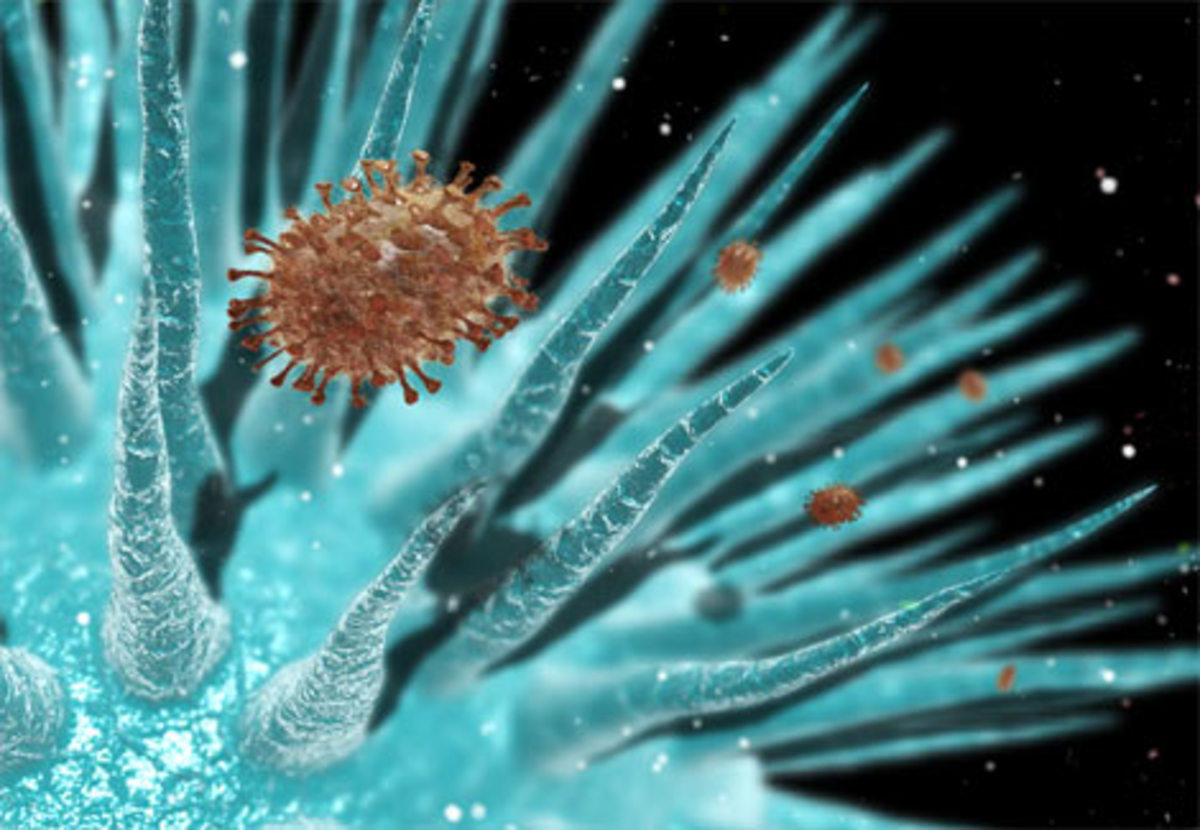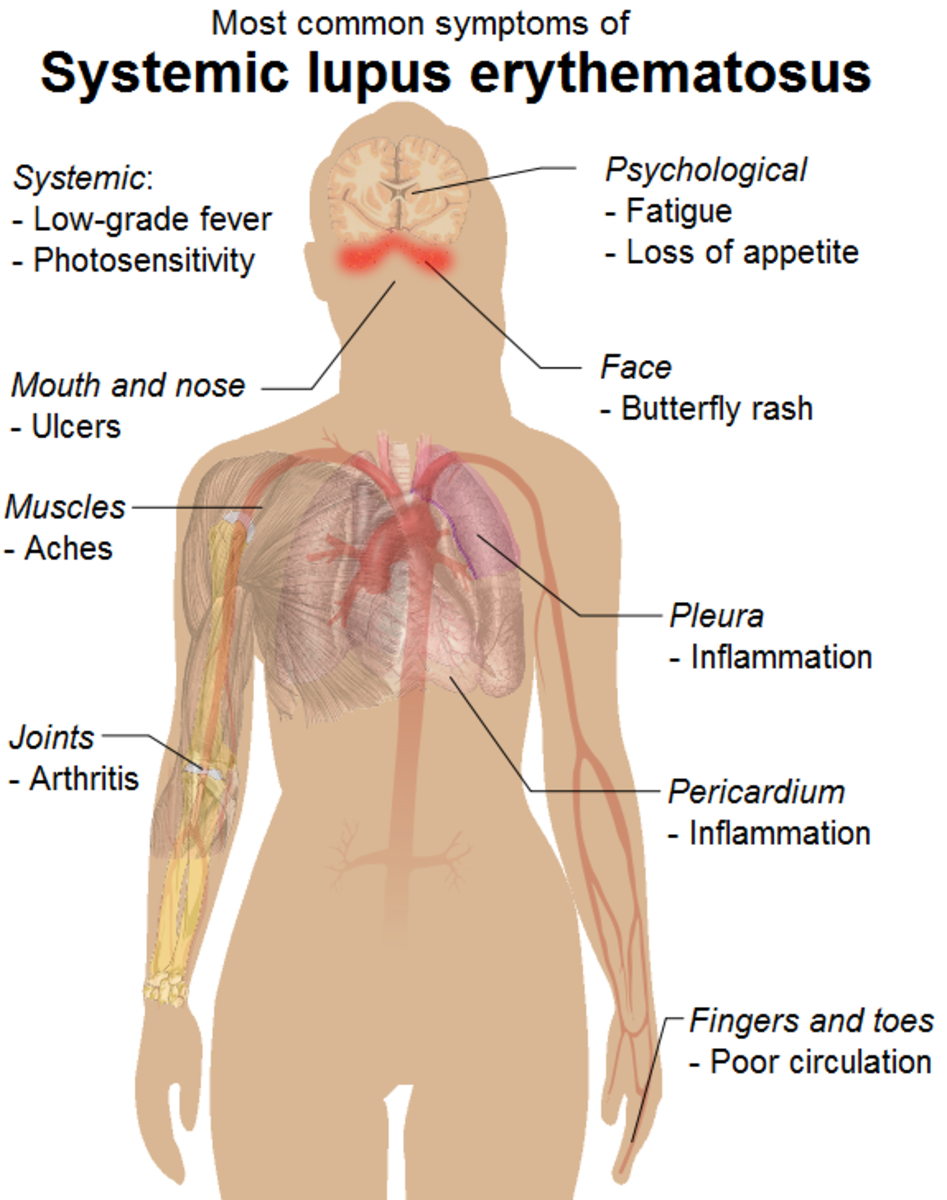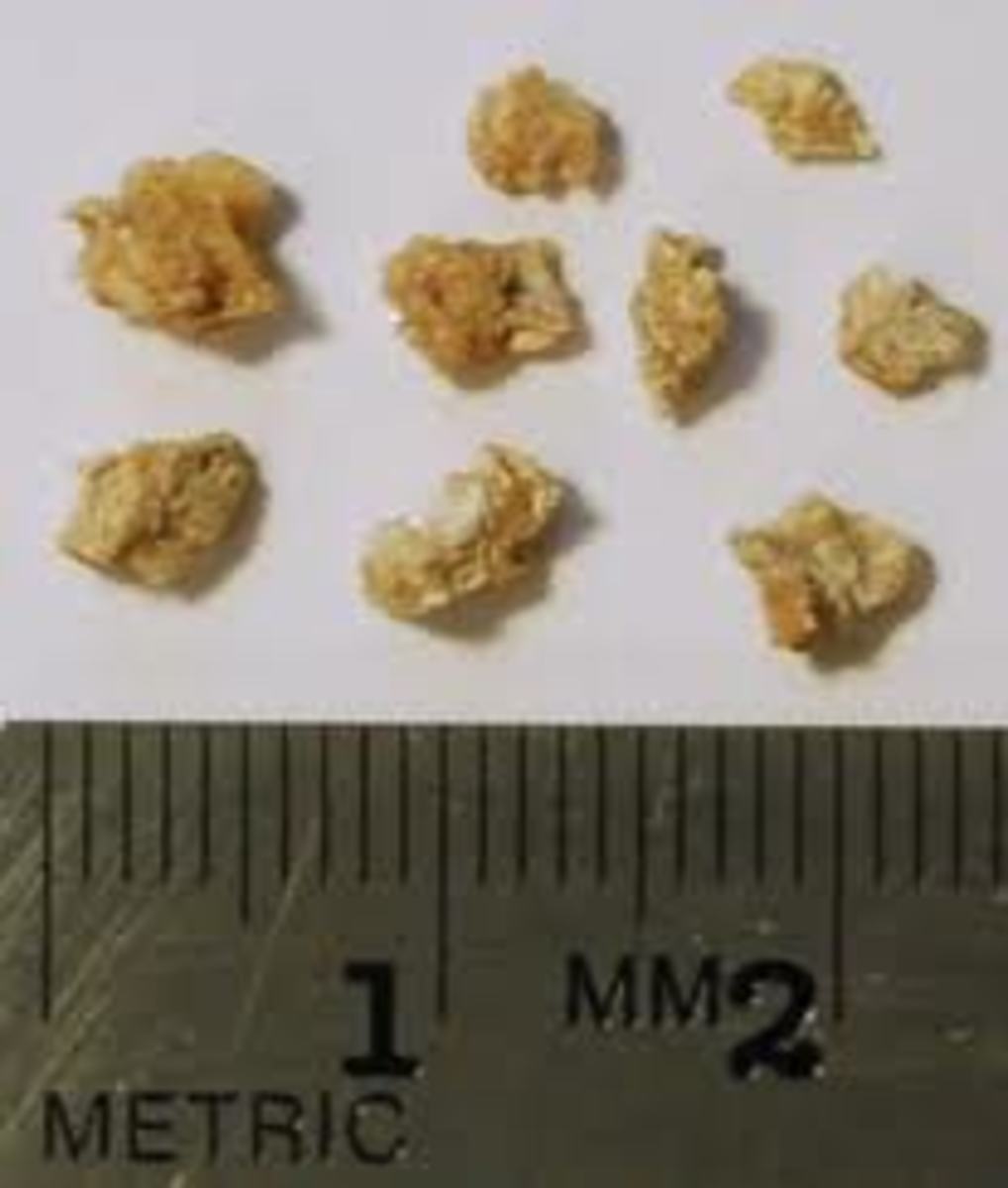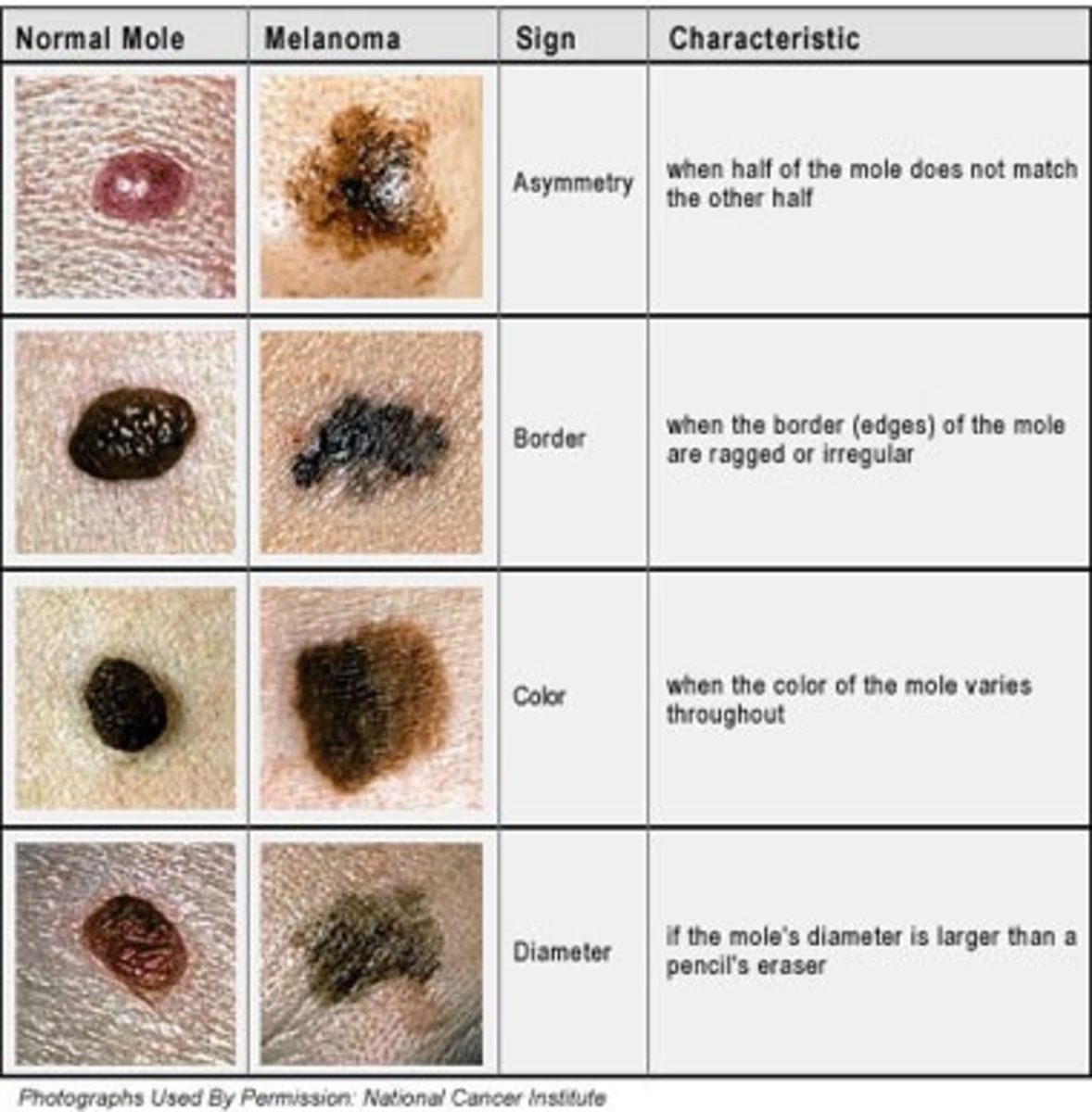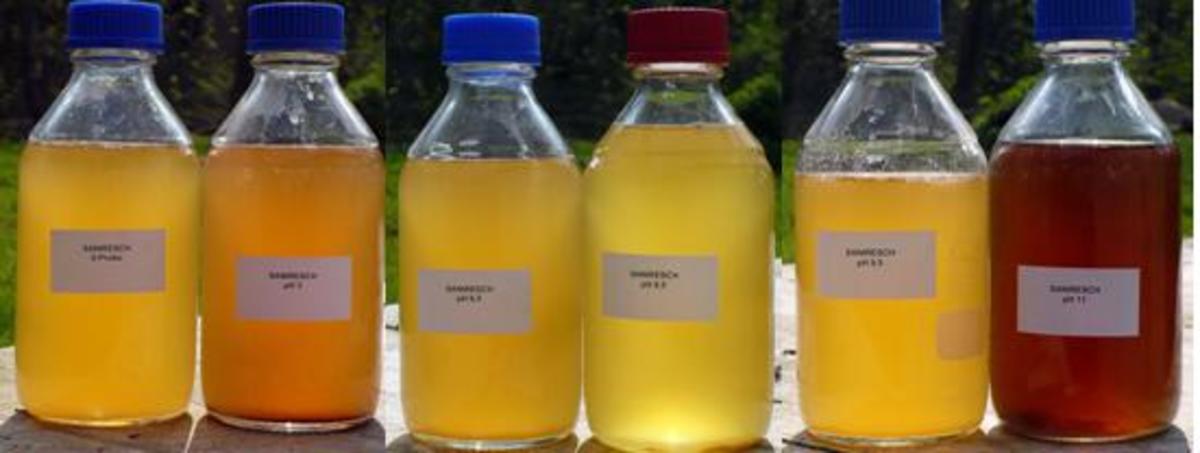Tips for Blocking H1N1/Swine Flu

Some doctors claim that the strength of the H1N1/Swine Flu strain has weakened while others strongly urge people not to get the H1N1 vaccine because it's allegedly been linked to autism in children and fibromyalgia in adults. Some doctors urge you to get it if you are in poor health or young.
There's plenty of confusion and people are panicking when they or someone else in the household gets sick. Emergency rooms are being flooded. The Centers for Disease Control and Prevention (CDC) reports geographically widespread flu activity in 27 states. The vast majority of people who have contracted disease have recovered without needing medical treatment but the CDC reports 16,174 hospitalizations and 1,379 deaths due to H1N1 since August 30.
“It is going to be essential that we use every tool and service at our disposal to contain this illness, and online H1N1 self-assessment tools, such as the one offered by Microsoft, can be helpful in providing people with ways to determine whether they should seek emergency care” said Angela Gardner, president of the American College of Emergency Physicians.
There are two sites online to assist you in determining whether you need to brave a busy emergency room or stay home.
The government’s H1N1 Flu Self-Evaluation Guide - provides information about what patients can do to take care of themselves, prevent the spread of the flu, and identify the warning signs of more serious flu symptoms requiring medical attention. The site poses a series of questions then issues recommendations based upon your answers.
Microsoft's self-assessment tool is based on what the CDC has determined are key risks factors. The Microsoft tool also uses a series of questions about symptoms and underlying health to determine the need for medical attention. The site also features links to other content, including H1N1 prevention tips.
“It is going to be essential that we use every tool and service at our disposal to contain this illness, and online H1N1 self-assessment tools, such as the one offered by Microsoft, can be helpful in providing people with ways to determine whether they should seek emergency care” said Angela Gardner, president of the American College of Emergency Physicians.
Some hospitals have been so overwhelmed that they have set up entrances for flu patients only in an attempt to contain the spread of the disease. Other hospital spokesmen have made pleas on tv news asking people to call their family physician before leaving home. Hospitals in Tennessee and Texas have set up tents to see flu patients in an effort to keep them out of the hospital where more people could contract the disease. In Memphis, Tenn., Le Bonheur Children's Hospital has had more than 5,500 kids with flu-like illness seek emergency care since Aug. 1. The hospital set up tents outside its ER on Sept. 11 and already has treated more than 900 cases in them.
“One way that we can help relieve some of the burden on the states and local providers this flu season is by helping people understand what the warning signs are when it comes to the flu,” said Health and Human Services Secretary Kathleen Sebelius.
The biggest talking point with the anti-vaccine group is that this vaccine - like most vaccines - has adjuvants which have been linked to a variety of diseases.
Micropaleontologist Dr. Viera Scheibner who conducted research into the adverse effects of adjuvants in vaccines wrote: "Squalene contributed to the cascade of reactions called 'Gulf War syndrome.' (GIs developed) arthritis, fibromyalgia, lymphadenopathy, rashes, photosensitive rashes, malar rashes, chronic fatigue, chronic headaches, abnormal body hair loss, non-healing skin lesions, aphthous ulcers, dizziness, weakness, memory loss, seizures, mood changes, neuropsychiatric problems, anti-thyroid effects, anaemia, elevated ESR (erythrocyte sedimentation rate), systemic lupus erythematosus, multiple sclerosis, ALS, Raynaud's phenomenon, Sjorgren's syndrome, chronic diarrhea, night sweats and low-grade fever."
If you are unsure about the H1N1 vaccine, do your research first, then discuss it with your family physicians. There are thousands of articles available on the Internet from specialists in a myriad of areas and there are others written by laymen.
Whether or not you get the H1N1 vaccination, you must take responsibility for protecting the health of yourself, your family and those with whom you may have contact. There are simple steps to take to help stem the tide of the pandemic:
- Wash your hands often and wash them thoroughly. Using hand sanitizer is a definite plus.
- Cover coughs and sneezes in the elbow of a long-sleeve shirt or jacket. Using your hands will only spread germs.
- Avoid people who are sick. If you must provide care to someone who is sick, use a mask and wash your hands often.
- Stay home when you are sick! You will only spread germs. If you absolutely refuse to stay home, wear a mask, keep Puffs or Kleenex handy, avoid contact with co-workers and avoid common areas with them - including the toilet unless you bring anti-bacterial spray (like Lysol).
- Make a contingency plan in case you need to stay home with a sick child.
- Use anti-bacterial wipes on your keyboard, desk and telephone.
- Use anti-bacterial spray on all door handles, chairs, tables, toilets, showers, etc., in your home if someone is sick.
- Don't share food nor drinks.
- Don't kiss nor hug people nor shake hands if they show the slightest symptoms.
- If you eat out or go to a store, wash your hands thoroughly before eating or touching your face.
- If you handle money, do not touch your face or any food without washing your hands thoroughly. Money is one of the biggest transmitters of germs.
- At the very least, get a regular flu shot and take vitamins including zinc and c.
- People with diabetes or weakened immune systems should get flu shots; they should not get the nasal spray flu vaccine.
Get a 2009 H1N1 flu shot when they are available in your community. You should also get a pneumonia shot (sometimes called pneumovax or pneumococcal vaccine) because, if you get the flu, it can protect you against some of the more serious pneumonia complications.


